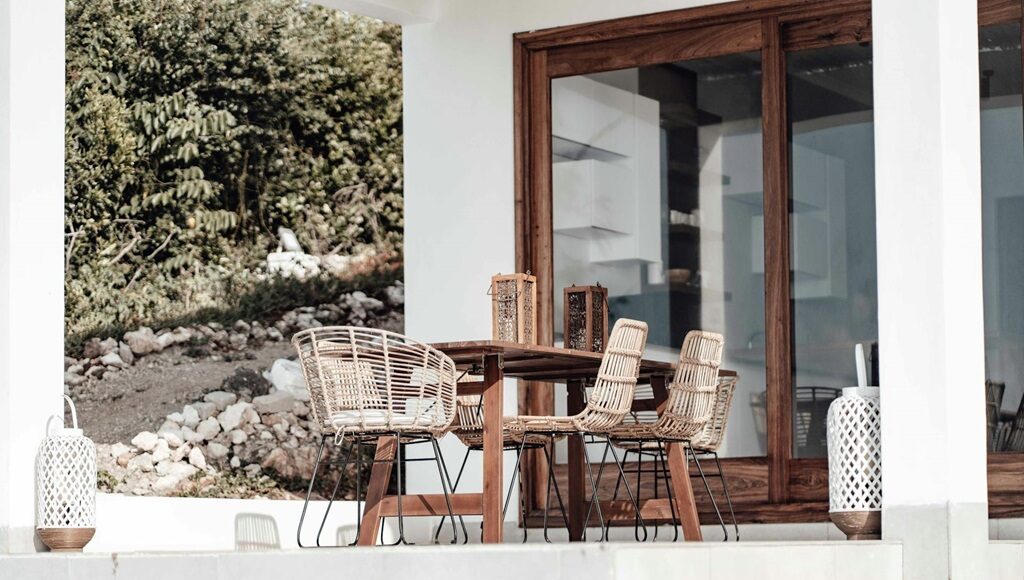Outdoor spaces like gardens, patios, and driveways can be beautiful additions to your home. However, they are also exposed to the elements and can suffer from weather, wear, and tear. Preventing common outdoor damage can save you money on repairs and keep your outdoor spaces looking their best. Here are some simple tips to help protect your outdoor areas from damage.
Protect Your Lawn from Overuse
Lawns are great for relaxing, playing, and enjoying time outside, but heavy foot traffic can cause damage. To prevent wear, try to avoid walking on the same path regularly. Consider adding pathways or using outdoor rugs in high-traffic areas. If your lawn shows signs of wear, reseed or patch damaged spots to help it recover.
Regularly Clean Your Gutters
Clogged gutters can cause water to overflow, leading to damage on your roof, walls, and landscaping. Make sure to clean your gutters regularly, especially during the fall when leaves are more likely to accumulate. Keeping gutters clear ensures proper water flow and reduces the risk of water damage to your home and yard.
Seal Wooden Structures
Wooden decks, fences, and furniture are beautiful but can be vulnerable to rot, warping, and fading when exposed to the elements. Protect wood by applying a weather-resistant sealant or stain. This helps prevent moisture from seeping into the wood and keeps it looking fresh and strong.
Maintain Your Patio or Driveway
Over time, patios and driveways can develop cracks due to weather changes and use. Seal cracks early to prevent them from getting worse. For concrete or stone surfaces, use a good-quality sealant to protect against stains, weathering, and moisture damage. Regular cleaning also helps avoid the buildup of dirt, algae, or moss that can cause slippery surfaces.
Care for Outdoor Furniture
Outdoor furniture is exposed to sun, rain, and wind, which can lead to fading, rust, or damage over time. To protect furniture, use covers when it’s not in use, and store items indoors during extreme weather conditions. If your furniture is metal, apply a protective coating to prevent rust, and if it’s wood, make sure it’s treated with weatherproof finishes.
Water Your Plants Wisely
While plants need water to thrive, overwatering or underwatering can harm them. Ensure you water your garden or lawn according to the specific needs of your plants. Install a drip irrigation system or use soaker hoses to efficiently water your garden, preventing overwatering and conserving water.
Be Mindful of Tree Placement
Trees provide shade and beauty, but their roots and branches can cause serious damage if not properly managed. Avoid planting trees too close to your home, driveway, or underground pipes. Regularly trim branches that are too close to structures or power lines to prevent potential damage during storms.





